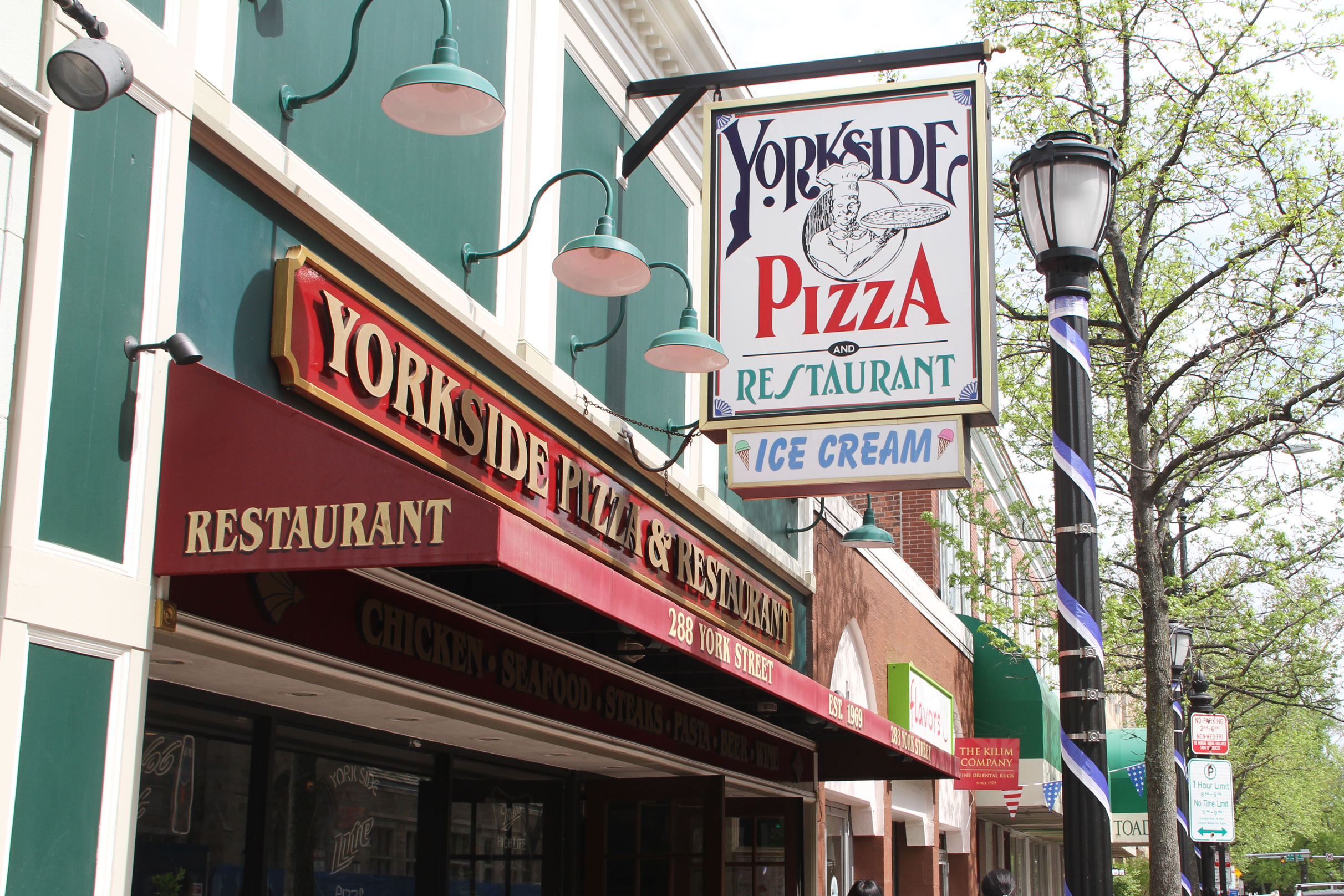
Yale Daily News
Earlier this month, New Haven joined New York and New Jersey in mandating restaurants to limit their services to take-out and delivery in response to the coronavirus pandemic.
Since then, many local restaurants have either suspended their operations or struggled to keep business afloat as a large percentage of their regular customer base — Yale students — were forced to leave the Elm City and return home. While certain Yalie-popular haunts remain open for the time being, almost all have significantly changed their operating model and are uncertain about both the short- and long-term repercussions for business.
“It’s a really important time to support the hospitality industry at large, especially these small businesses that make the community the way it is,” Lucas Sin ’15, chef and head of culinary arts at Junzi, one of New Haven’s local affected businesses, told the News in an interview. “To put it blunt, a lot of the workforce and the staff at all these restaurants are on hourly wage which means that how much they get to work, which is to say their livelihood, is dependent directly on how much food the restaurants can sell.”
A 24/7 convenience store that many Yale students have come to love, Good Nature Market — colloquially known as “GHeav” — on Broadway, responded to governmental orders by shutting down its hot food section before keeping customers six feet apart from each other in the earlier phases of the crisis. Although GHeav remains open, according to the manager, keeping the store open now is a losing business — revenue is a mere tenth of what it used to be.
Nearby on York Street, Yorkside Pizza & Restaurant owner George Koutroumanis voiced similar sentiments. Kourtroumanis told the News that “everything is up in the air” and expressed uncertainty and concern over the futures of the restaurant and his employees. Although the business is currently celebrating its 50th anniversary, Koutroumanis does not know if or how long the restaurant will continue its operation. The restaurant initially had to reduce dine-in capacity by half before now offering take-out only during reduced hours.
Gheav’s neighbor, Junzi, continues to keep its doors open and is offering take-out with new options, including family meals that can serve up to 10 people. Founded in 2015, Junzi was started by Yale School of Forestry students and serves healthy homestyle Chinese food.
“We know that the key thing happening in this pandemic or crisis is the sudden dislocation or decoupling of the conventional customers’ supply and demand relationships,” Yong Zhao FES ’08 GRD ’14 GRD ’15, the CEO of Junzi, told the News in an interview.
Now that Junzi’s regular customers “are out of town or stay home all the time,” Zhao told the News that “the key now is to reestablish connections.”
To do so, the business shifted from a “restaurant-centric” to “fridge-centric” model, Zhao explained. In preparation for this crisis, Junzi developed new products meant to be bought and stored in customers’ refrigerators at home.
“Before [the pandemic] it used to be about fresh-made, every meal,” Zhao said. “Right now it’s about, okay, how can we make sure the food is safe and convenient? You can put the food in the fridge for awhile and still feel good.”
Additionally, Zhao also commented on how the business will prepare for the eventual passing of the crisis by comparing it to the aftermath of a forest fire.
Many restaurants will be shuttering their doors due to the pandemic and increasing unemployment means lowered labor costs. Furthermore, Zhao highlighted the slow death of many traditional Chinese restaurants as these businesses are still expected to price their food low in America, resulting from the import of cheap immigrant labor generations ago.
“This coronavirus pandemic will make this slow death a sudden extinction,” Zhao explained.
Unlike Junzi, Blue State Coffee, a popular study spot for many Yalies, has decided to shut down all of its cafes. The company’s CEO, Carolyn Greenspan, stated that “it was the best decision after listening to guidance from the governors in Connecticut, Rhode Island and Massachusetts,” all states in which Blue State operates locations.
Downtown, Atticus Bookstore Cafe has decided to exclusively operate via its online store, where customers can place orders ahead of time for pickup, like many other businesses in the same predicament. Additionally, Atticus has encouraged its customers to purchase gift cards in order to support its staff through this time of crisis.
Sin urged Yalies — even those physically away from campus — to try to support businesses they care about.
Lamont ordered all bars and restaurants to transition to offering only take-out and delivery services by March 16.
Michelle Minzhi Li | michelle.m.li@yale.edu







